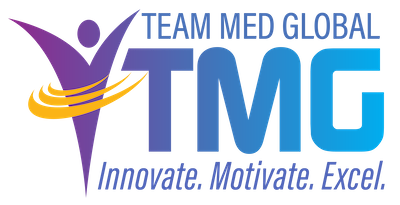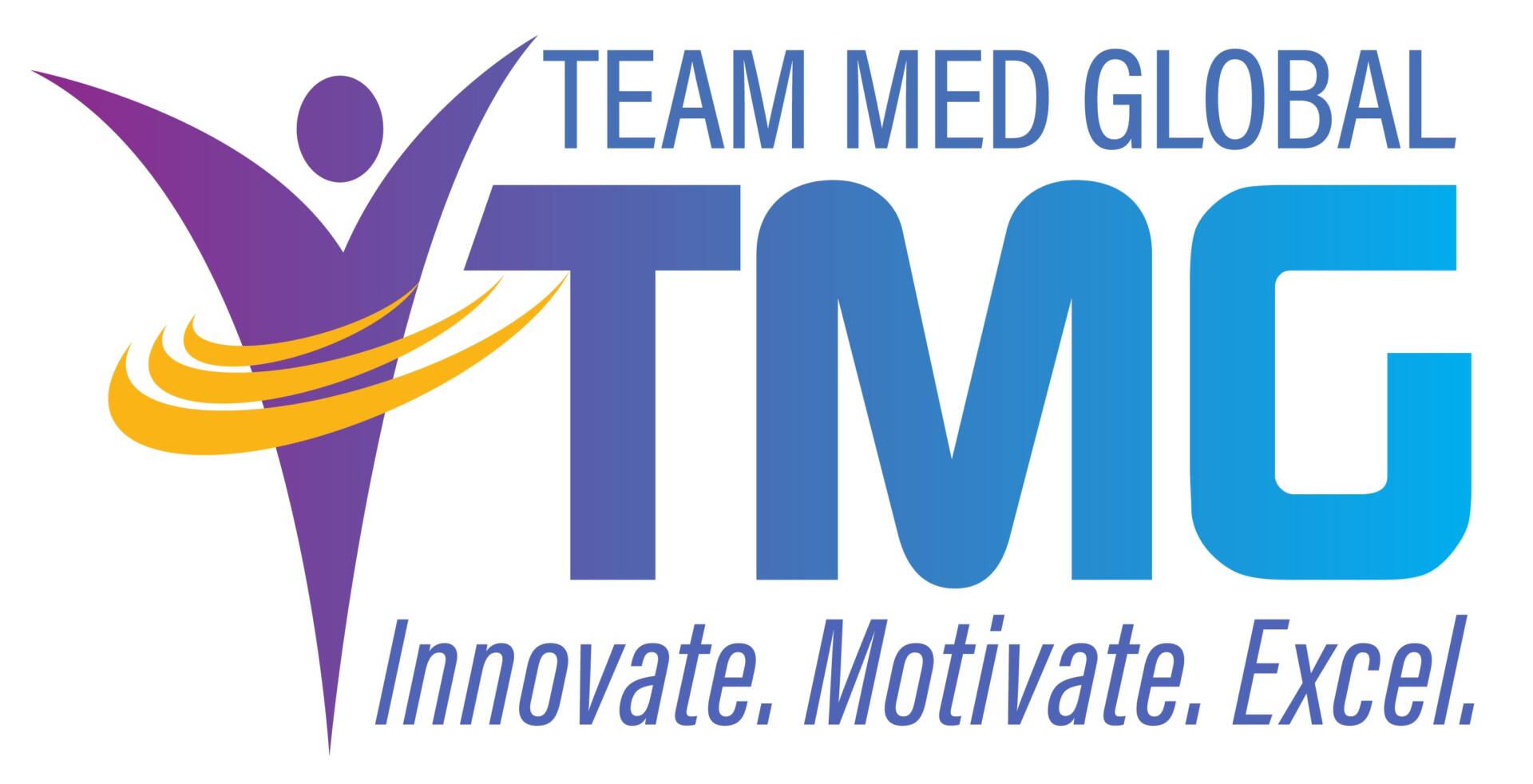 When I was invited to write an article for Team Med Global, I recalled an article I wrote in 1996. It seems we are once again at the same crossroads I addressed then, in “Don’t Get Left Behind…Broaden Your Scope.” At that time, managed care was in its infancy and beginning to rapidly change healthcare delivery. It felt like a high-speed train with no brakes. Healthcare has always been a dynamic field, but in 2020, the pandemic has added even more urgency. More than ever, Medical Services Professionals (MSPs) need to be “all aboard” that train or we will be left behind at the station.
When I was invited to write an article for Team Med Global, I recalled an article I wrote in 1996. It seems we are once again at the same crossroads I addressed then, in “Don’t Get Left Behind…Broaden Your Scope.” At that time, managed care was in its infancy and beginning to rapidly change healthcare delivery. It felt like a high-speed train with no brakes. Healthcare has always been a dynamic field, but in 2020, the pandemic has added even more urgency. More than ever, Medical Services Professionals (MSPs) need to be “all aboard” that train or we will be left behind at the station.
When I wrote that first article, I was the director of credentialing for one of the first certified Credentials Verification Organizations (CVOs) in the United States. This was not a position I had planned for, but the onset of managed care changed my horizon. There are now 95 NCQA Certified CVOs. Since that time, many large healthcare systems have centralized their credentials verification process and formed their own CVOs, coupled with infrastructures that allow for a consistent process across a large enterprise of hospitals and health plans.
Integrated care management was also just getting started in 1996, which marked the beginning of a changing focus in the healthcare industry from illness to wellness. Today this concept is widespread, focusing not only on outcomes, but also patient satisfaction, access, prevention, and pricing. In addition, during this time new and stronger partnerships between physicians and other health care providers were coming together to form independent practice associations (IPAs), physician hospital organizations (PHOs), and accountable care organizations (ACOs).
Today, as physician practices and hospitals work to financially recover from the effects of the pandemic, the need to create these long-term relationships become increasingly important. Prior to the pandemic, there were 558 Medicare ACOs serving more than 12 million Medicare beneficiaries. That is roughly 20 percent of all Medicare beneficiaries, with more than 500,000 providers caring for them through the ACO model. Beyond Medicare, there are nearly 1,600 public and private ACOs across the United States, covering almost 44 million lives.
Thirteen percent of the U.S. population is now covered by an accountable care contract and large employers such as Walmart, Boeing, and Disney are moving their employee health plans to the ACO model, allowing them to directly contract with health systems to offer their employees high-quality, affordable care.
As with the onset of managed care, MSPs are in the middle of this new flurry of integration and change. We are often the last to know the train is pulling into the station with a cargo of new processes, regulations, or requirements. While MSPs may sometimes struggle with issues we weren’t expecting, we always want to rise to the occasion to ensure patient safety, physician satisfaction, and facility compliance.
It is inevitable that the future will bring more centralization and consolidation to our current processes, and that we will be asked to look for ways to further save on resources within the healthcare system. With our MSP expertise, it is our responsibility to educate our hospital leaders to ensure that the credentialing process is held in a “safe harbor” with adequate staffing to provide a quality work product to protect our patients.
Although there are some industry standards, the complexity and timeliness requirements of our processes make it hard to quantify or measure the staffing required to adequately ensure this safe harbor. What is certain is that staffing for the Medical Staff Services Department (MSSD) cannot be determined by patient days. If there were no patients in the hospital, there would still be doctors on the medical staff. Their files must consistently meet regulatory requirements, as well as a myriad of other responsibilities that fall under the MSSD umbrella. It is also incumbent upon MSP expertise to find opportunities to remove duplication of effort and inefficiencies in processes to ensure healthcare dollars are not wasted. MSPs that are part of a healthcare system should collaborate with their legal counsel to implement sharing agreements and policies that support this goal.
Today, MSP expertise is needed more than ever in helping to make important changes in process design that will transform our profession and the healthcare industry. We need to not only embrace change; we need to help drive it. The fear of what the future holds only compromises our ability to be prepared and involved in this evolution. The times ahead will be challenging, but will also hold opportunities that may not be on our horizon today. MSPs are poised to assist their organizations to make changes as the healthcare field faces rapid changes. Are you going to be left behind at the station or will you be onboard of our high-speed healthcare train? I look forward to seeing you all on the train!
I would like to acknowledge my collaborators on this article. My sincere appreciation to: Joy McGee-Cory, Senior Vice President, Advanced Plan for Health, LLC; Nancy English, CPMSM®, Director, Medical Staff Services, Medical City Alliance; Sherrie Malmad, MHA, CPCS®, CPMSM®, Director Medical Staff Services, Medical City Arlington; and Jennifer Conley, Vice President, Project Mockingbird. Statistics from: NCQA, NAACOS

